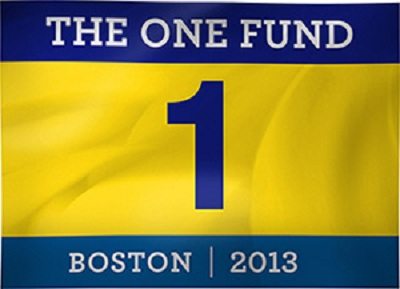
June 17, 2013; Washington Post
The One Fund Boston, which was established as a central donation point to support victims of the Boston Marathon bombing, put itself on a very fast track for dispersion of the monies it received. The Fund was established within hours of the tragedy on April 15th. It was seeded by corporate donations, but swiftly began attracting individual donations, and events were organized to feed it. Soon after, Kenneth Feinberg, an attorney who had led the efforts of similar high-profile funds around the country (September 11, 2001; the 2010 Gulf Coast oil spill; the 2011 Indiana stage collapse; and the Aurora theater shootings) took on its oversight. Guidelines for the fund were quickly described, and June 15th was established as the deadline for applying for funds. Most of the money will be dispersed by June 30th.
Sign up for our free newsletters
Subscribe to NPQ's newsletters to have our top stories delivered directly to your inbox.
By signing up, you agree to our privacy policy and terms of use, and to receive messages from NPQ and our partners.
The Fund raised $47.5 million in pledges, and by Monday, June 17, two hundred people had applied for compensation. Of these, 188 had been reviewed as of Monday morning, with thirteen being rejected. Since then, the number of claimants has jumped to more than 250 and the amount in the fund to $55 million. Feinberg has offered to meet with claimants, and seven or eight people have accepted the opportunity.
Survivors and the families of those who died can expect award letters on June 28, and the money will reach them a few days later. It is considered a tax-free gift. Feinberg has declared he will distribute $50 million by the end of the month. He comments, “In the 35 years that I’ve done this, involving private donations—this is all private money—from over 75,000 different donors, I have never seen anything like this. Never underestimate the charitable impulse of the American people.”
Still, despite the fact that the Fund has clearly been handled relatively well, Feinberg regrets that there’s only so much comfort that cash can provide. “In programs like this, never seek or expect satisfaction or thanks or gratitude. Not from victims who have suffered such tragic loss. Money is a pretty poor substitute for loss and injury, and all we can do is provide some small degree of financial stability. But we cannot expect victims…to see this as adequate or satisfactory.”—Ruth McCambridge













